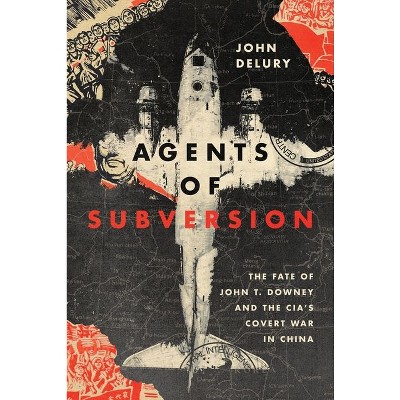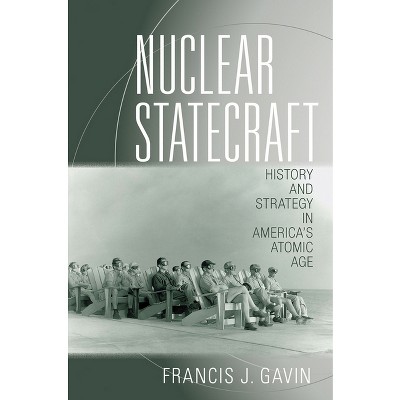About this item
Highlights
- Historians have long held that during the decades from the end of the Habsburg-Valois Wars in 1559 until the outbreak in 1618 of the Thirty Years' War, Spanish domination of Italy was so complete that one can refer to the period as a "pax hispanica.
- About the Author: Michael J. Levin is Associate Professor of History at the University of Akron.
- 238 Pages
- History, Europe
Description
About the Book
Historians have long held that during the decades from the end of the Habsburg-Valois Wars in 1559 until the outbreak in 1618 of the Thirty Years' War, Spanish domination of Italy was so complete that one can refer to the period as a "pax hispanica."...
Book Synopsis
Historians have long held that during the decades from the end of the Habsburg-Valois Wars in 1559 until the outbreak in 1618 of the Thirty Years' War, Spanish domination of Italy was so complete that one can refer to the period as a "pax hispanica." In this book, based on extensive research in the papers of the ambassadors who represented Charles V and Philip II, Michael J. Levin instead reveals the true fragility of Spanish control and the ambiguous nature of its impact on Italian political and cultural life.While exploring the nature and weaknesses of Spanish imperialism in the sixteenth century, Levin focuses on the activities of Spain's emissaries in Rome and Venice, drawing us into a world of intrigue and occasional violence as the Spaniards attempted to manipulate the crosscurrents of Italian and papal politics to serve their own ends. Levin's often-colorful account uncovers the vibrant world of late Renaissance diplomacy in which popes were forced to flee down secret staircases and ambassadors too often only narrowly avoided assassination. An important contribution to our understanding of the nature and limits of the Spanish imperial system, Agents of Empire more broadly highlights the centrality of diplomatic history to any consideration of the politics of empire.
Review Quotes
Levin's narrative approach lends impressive clarity to the often complex negotiations he recounts, and he effectively conveys the frustrations of ambassadors faced with the opacities of Venetian politics, the intrigues of their French counterparts, the inconveniently-timed deaths of popes and the unpredictable and expensive conclaves which followed them, and, not least, an all-too-frequent lack of instructions from the king they were supposed to represent.... Levin's clearly-written and well-documented work should ensure that no scholar will take the idea of a 'Spanish peace' in early modern Italy fro granted in quite the same way again.
--Jennifer R. Ottman "Renaissance Quarterly"About the Author
Michael J. Levin is Associate Professor of History at the University of Akron.
Shipping details
Return details
Trending Non-Fiction












